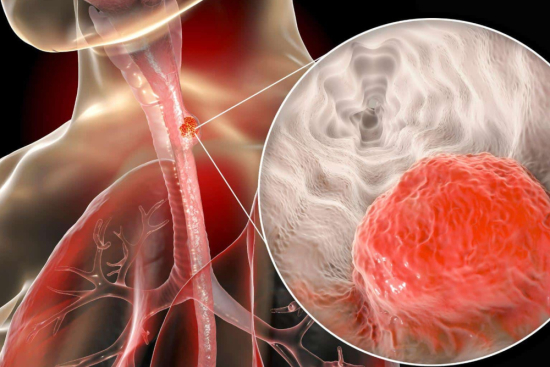Esophageal cancer is a complex disease that requires prompt and personalized care. Its rapid progression can impact overall health, making a thorough follow-up essential, combining medical expertise and tailored treatments to preserve quality of life.
To support you at every step, Turquie Santé streamlines your medical journey in Turkey by selecting certified hospitals, organizing consultations, and providing personalized follow-up.
Request your customized treatment plan now to take control of your health.
Cost of Esophageal cancer surgery in Turkey
The cost of esophageal cancer surgery in Turkey generally ranges between $8,800 and $11,000, depending on factors such as the type of surgery, tumor characteristics, and the patient's overall condition.
Our partner hospitals provide high-quality care delivered by international specialists. All-inclusive packages include:
- The surgical procedure
- Hospital stay
- Accommodation
- Postoperative follow-up
Request your personalized treatment plan today and take the first step toward regaining control of your health with confidence and peace of mind.







